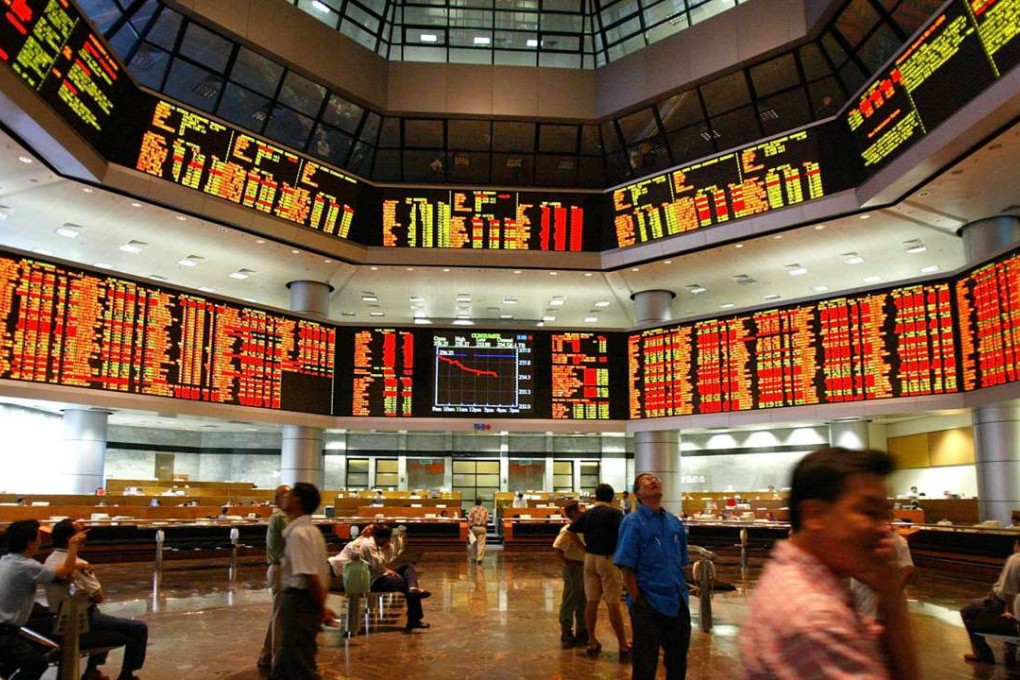Analysts neutral on Malaysia’s tech-related stocks in 2017
Analysts note anxiety over US President Donald Trump’s aim to seek the return of production to the US to create more jobs for Americans

By Sangeetha Amarthalingam
Despite a year-on-year increase of 12.3 per cent in global semiconductor sales last December, which brought the total for 2016 to a record US$338.9 billion (RM1.5 trillion), most analysts in Malaysia are neutral on the local-related players due to challenges from a slower global economy, rising trade protectionism and the weaker ringgit.
Global semiconductor sales for 2016 was just 1.1 per cent more than 2015, according to the European Semiconductor Industry Association.
JF Apex Securities Sdn Bhd research head Lee Chung Cheng said he expects Malaysian electrical and electronic (E&E), and technology-device manufacturers that depend highly on exports, to be negatively impacted.
“We see effects such as foreign direct investment and a certain degree of relocation of production return to the US. Should [the] US impose a higher import duty or tariff, it could affect international trade.
“Being highly dependent on exports, Malaysian manufacturers like E&E and technology sectors will be negatively impacted,” he told The Edge Financial Daily.